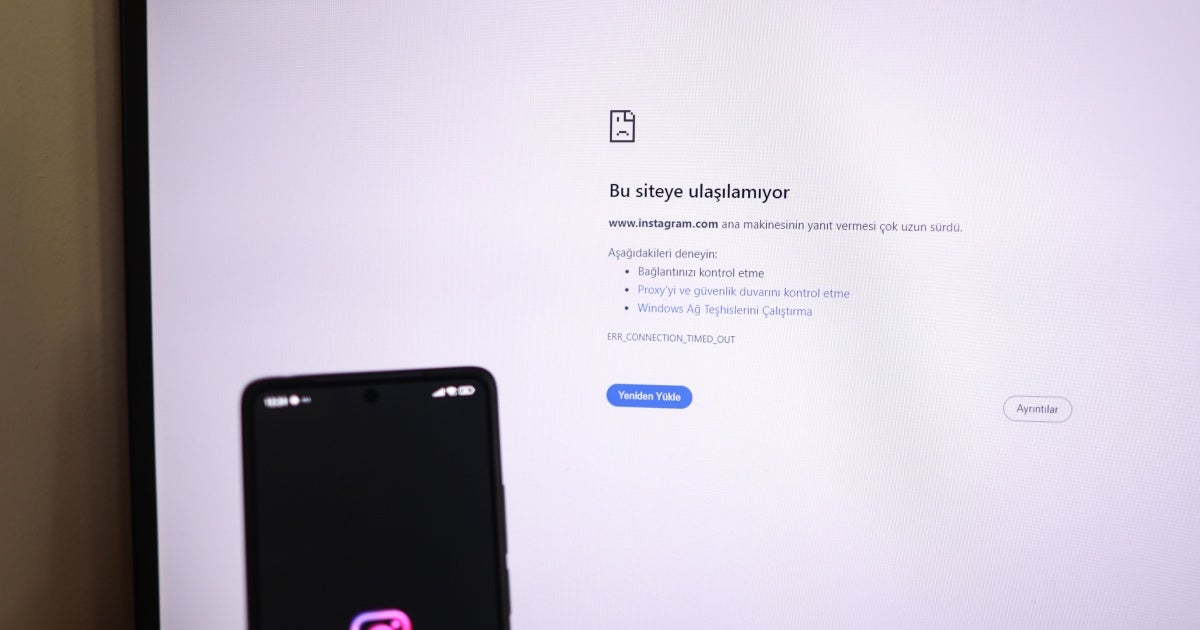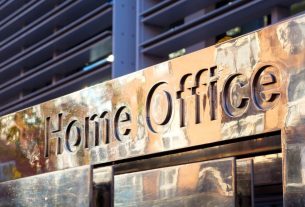(London, August 9, 2024) – The Turkish authorities’ arbitrary decision on August 2, 2024, to impose a blanket block on access to Instagram violates the rights to freedom of expression and of access to information for millions of users, Human Rights Watch and the Freedom of Expression Association (İfade Özgürlüğü Derneği, İFÖD) said today. The block also interferes with small business owners in Türkiye who depend on the platform for their work.
Türkiye’s government-controlled internet regulator, the Information and Communication Technologies Authority (Bilgi Teknolojileri ve İletişim Kurumu, BTK), has not published the decision laying out the grounds for blocking access to Instagram. However the move came two days after President Recep Tayyip Erdoğan’s communications director accused Instagram’s parent company, Meta, of removing condolence messages relating to the former head of Hamas’ political bureau, Ismail Haniyeh, who was killed in Iran on July 31.
“Blocking everyone’s access to an entire social media platform is a grossly disproportionate measure that violates the right to free expression and information of millions of users of the platform in Türkiye and should be reversed immediately,” said Deborah Brown, technology and rights deputy director at Human Rights Watch. “A government’s disagreement over certain decisions either to take down or to permit certain content on a platform should never be used as a pretext to block access to the platform in its entirety.”
Public officials have issued contradictory messages about the ban, with some claiming that the decision was due to the platform’s failure to comply with requests to remove alleged criminal content. Without an official explanation, millions of users in Türkiye are left in the dark about why the decision was made. The Turkish government should ensure access is immediately restored, Human Rights Watch and the Freedom of Expression Association said.
Social media platforms should uphold freedom of expression and the right to information of their users by taking bold steps to challenge government decisions to block their platforms and by making public announcements informing the public of the measures they will take to protect their users’ rights in response to arbitrary blocking decisions.
Social media is one of the last arenas where people have access to independent news and can express themselves with relative freedom after the broad crackdown on media in Türkiye in recent years. This is despite Türkiye’s restrictive internet law, which gives the authorities the power to arbitrarily block and remove websites and other online content. Turkish officials have previously used this authority to block entire platforms.
Türkiye has previously blocked access in the country to Twitter, YouTube, Wikipedia, Google Sites (a wiki and web page creation tool created by Google), and WordPress platforms. In July and August, the authorities also blocked access to the popular Wattpad and Roblox platforms.
Turkish officials have indefinitely blocked the Deutsche Welle and Voice of America news platforms in the country since June 2022. The Freedom of Expression Association’s EngelliWeb project announced that as of the end of March, Türkiye had blocked over one million websites.
In decisions relating to Google Sites, YouTube, Twitter, and Wikipedia, the European Court of Human Rights and Türkiye’s own Constitutional Court have found violations of freedom of expression and of the right of the public to receive information as well as impart it.
Under international law, governments have an obligation to ensure that any restrictions to information online are provided for in law, are a necessary and proportionate response to a specific threat, and are in the public interest.
“Blocking access to the Instagram platform is not only disproportionate but also arbitrary, as the details of the decision by Türkiye’s internet regulator have not been revealed and the blocking order was issued without a court order,” said Dr. Yaman Akdeniz, one of the co-founders of the Freedom of Expression Association (İFÖD). “This clearly violates freedom of expression and access to information but also breaches the constitutional obligation to guarantee an effective remedy through a court of law.”



